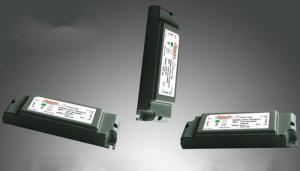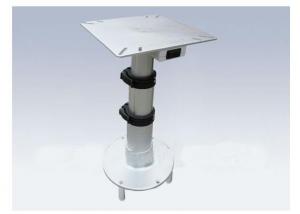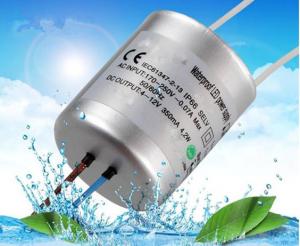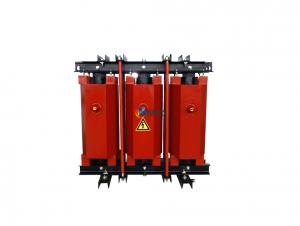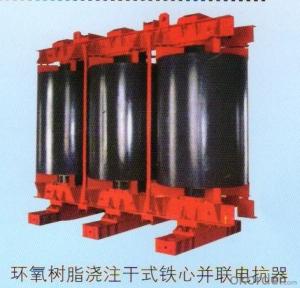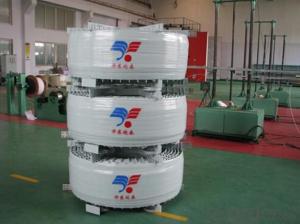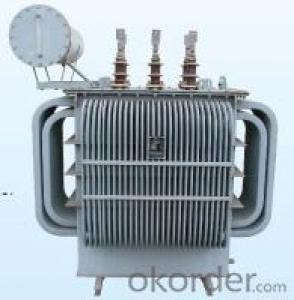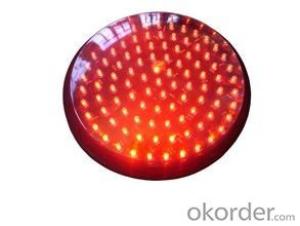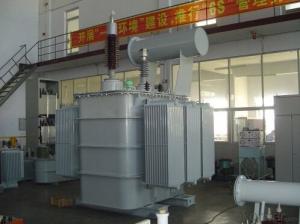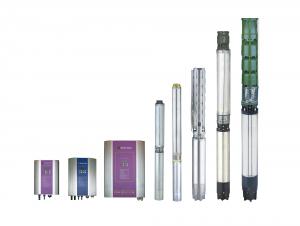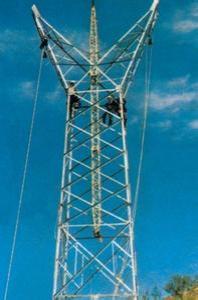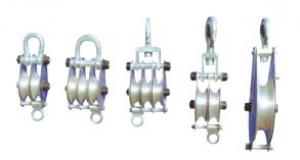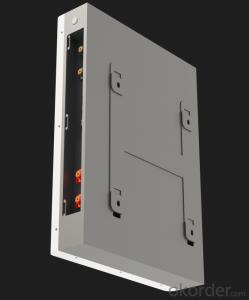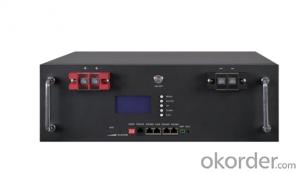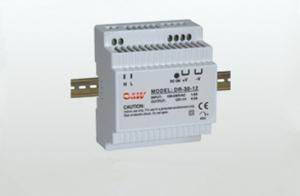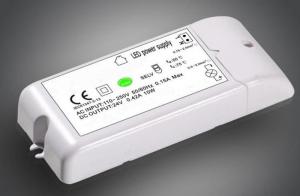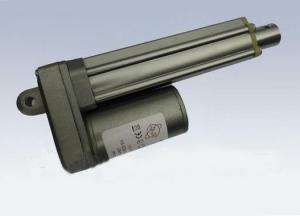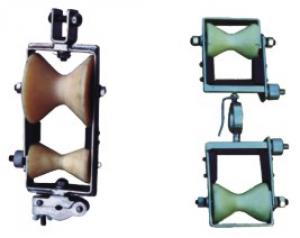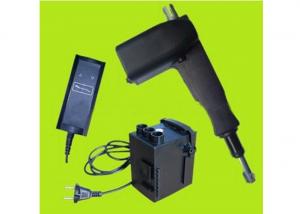Switching Power Supply Constant Voltage 20 Watt 24V HVDC-24020A018 Tauras
- Loading Port:
- China Main Port
- Payment Terms:
- TT or LC
- Min Order Qty:
- 1 Piece pc
- Supply Capability:
- 6000 Pieces per Day pc/month
OKorder Service Pledge
Quality Product, Order Online Tracking, Timely Delivery
OKorder Financial Service
Credit Rating, Credit Services, Credit Purchasing
You Might Also Like
Detailed Product Description
Quick Details
- Output Power: 20W
- Output Type: Single
- Input Voltage: 90-264VAC
- Output Voltage: 24±0.5V
- Output Frequency: 50/60HZ
- Output Current: 0.83A
- Color: Black
- Material: Plastic
- Style: Modern
- Price: Factory direct price
- Strong point: Low cost
- MOQ: 1pcs
- Maket: Europe&Australia and others
- Quality: High reliability
Specifications
1.Switching Power Supply
2.Constant voltage
3.Output Power:20W
4.2 years warranty
5.High reliability
Features
·Small size,High efficiency,High reliability,Long lifetime;
·IP20 rating;
·Working temperature -25~+40°C
·Protection:Overload,Short-circuit pratection,Over-temperature;
·Typical efficiency:77%
·Low standby power,min to 0.3W;
·Start delay design,which can reduce the starting current when multiple simulatance start;
·CE certifide,ROHS compliant;
·Low output ripple moises.
- Q:I plan on starting college next September to study electrical electronic engineering, it's three years in college then moving onto university. In college I would be B Tech qualified and the awarding body is EAL. Is B Tech qualification good ?What Qualifications will I get out of university ?What's the difference between BEng and MEng ? Could an Electrical Engineer work on oil rigs ?
- I have no idea about B Tech. A university will give you either a BSc or BEng (Bachelors degree in Science or in Engineering), which doesn't actually matter much, it's a technical distinction that most employers will ignore. MEng is a masters in engineering, you normally get it from a university that offers a 4 year masters program as a way for students to get a Masters degree (which is normally a post-graduate qualification) while still getting the government funding level offered for undergraduate degrees. In theory these are as good as a true post-graduate degree, in practice they are considered somewhere between a Bachelors and a separate post-grad masters. There may be some small call for electrical engineering on an oil rig but very little, it certainly wouldn't be considered a mainstream source of employment for people with that qualification.
- Q:I am a mechanical engineer with limited EI information. In general terms, could someone succinctly describe the following terms: (a) HMI; (b) Gen-set; (c) PLC; (d) UPS; (e) SCADA / Citect; (f) MCC; (g) E-Stop; (h) PCS/SIS; (i) Murphy switch. I know it's a lot, so relatively short answers should be fine - just summed up concisely and correctly. Thanks in advance all you electrically-savvy people!
- HMI Human Machine Interface Gen-set Engine generator set for generating electricity PLC Program able Logic Controller used in factory automation UPS Uninterruptible Power Supply SCADA Supervisory Control And Data Acquisition industrial control system using HMI and PLCs Citect the software company that specilized in SCADA control MCC Motor Control Center E-Stop Emergency Stop Stop Control PCS/SIS PCS (Process Control Systems) and SIS (Safety Instrumented Systems) Murphy switch shutdown switch actuated when process parameters are not correct, like shutting down an engine when engine oil level is critically low.
- Q:electrical equipments like resistor,capacitor, transistor, etc
- you have to go to asan you kind find many stores selling them. You just go to asan and ask for anyone there they will tell you the way correctly.
- Q:Conduct regular maintenance tests for the electrical equipment.The following actions should be taken to reduce the probability of potential electrical deficiencies at this facility.The Hazard
- potential electrical deficiencies means the possibility that this facility will not work due to electrical problems in other words, future problems caused by lack of maintenance on the electrical equipment. Therefore, the sentence could be rephrased as follows: The following actions should be taken to to make sure all the electrical equipment stays in good working order.
- Q:Can you actually save a decent amount of money by unplugging things like cable boxes, microwaves, etc.?I've taken to shutting things down when I leave for work, but there's really no way I'll be able to determine how much I'll save. If it's not significant enough I'd rather not bother - waiting for the cable to reboot is a pain!We have two cable boxes with associated TVs and DVDs that get shut down along with our clean air machines. Is it worth it?
- very much so! For every Little bit of inconvenience to disconnect every electrical component you can think of, will benefit you greatly. i had a surveyer come out to determine why my light bill was so much and he disclosed just that, too many things plugged in that I don't immediately need. In fact, I have a clean air machine as well and he said they pull more electricity than many other components, nor does a ceiling fan. But one last bit of info. is anything that has a light on it when not in use is drawing electric currents.
- Q:I have to declare a major in my schools engineering program at the end of this semester, and I was wondering what type of working enviroments I would probably be in with either major and a bachelors/masters degree? What are the jobs like in each major? Desk/factory/lab etc? I know there are lots of options in each program, but what are most of the jobs in each respective industry like? Thanks!
- There are more USA jobs in electrical engineering than chemical engineers (see the source below) which may explain why I don't see that many chemical engineers. The few people I know who where chemist or chemical engineer moved into others fields. The one exception was a friend in college that I loss touch. Last I heard he working in production. All the EE that I know work in desk or lab work with occasional developmental testing of equipment in the field.
- Q:i dont understand this, every surge protector claims to protect phone lines from surges but why?
- Because DLS and phone lines operate on voltages and currents and are susceptible to lags/spikes. GL
- Q:(Warning: I have no knowledge of electrical equipment) I just bought a black light. It can fit into my lamp, but I noticed that the lamp had a label that read To reduce risk of fire, use a 60 watt type a lamp max. The bulb is 75 watts. Is it okay to use the bulb or should I not use it?
- Don't use it. The bulb will get too hot for the lamp. The lamp must be rated the same or higher than the bulb.
- Q:every electrical equipment is rated in VA or KW(motor) why transmission line rated in Volts though it carry power.
- Transmission lines are rated in MVA. They do have a current carrying capacity and limits. However the voltage of these lines is so high and the current so relatively low, that it is the voltage which predominates in determining the heights, clearances, spacings and visual impact of the lines and therefore ultimately also the cost. In consequence common usage very often refers to the rating in terms of voltage only.
- Q:I want to get into a field that involves fixing electrical equipment. I have always loved taking apart things like my Xbox/Playstation/cell phone so I could fixing them when they broke and I would like to further this into a career. What type of field should I study in order to pursue this goal? I am a student at the University of Arizona, so if you know of any programs there that would help a lot.
- None, depending on how or where you work. If you work for yourself you don't need any degree at all. You need to be an electronics service engineer. You have to be able to do the job. That's more important than having a piece of paper that says you got good grades and showed up or class. (I would argue this is true for most fields) You can get a degree in electronics engineering at many schools. It would be very helpful to find work at a company specializing in service of these things. Nobody repairs cell phones, it just isn't worth doing.
We have been awarded and certified with ISO9001, 2008, CE, KC, GS, CUL, EMC, SAA, IP67, IP68, RoHS. From know-how research and development, structure design and validation, material selection, quality testing to trial and batch production, the product of the company undergoes a series of standard and rigorous control procedures in order to assure the quality for every piece.
1. Manufacturer Overview |
|
|---|---|
| Location | Guangdong,China (Mainland) |
| Year Established | 2009 |
| Annual Output Value | US$10 Million - US$50 Million |
| Main Markets | 10.00% Northern Europe 10.00% Western Europe 10.00% Eastern Asia 10.00% Eastern Europe 9.00% Southern Europe 9.00% Central America 9.00% North America 8.00% South America 6.00% Oceania 5.00% Domestic Market 5.00% South Asia 5.00% Southeast Asia 2.00% Mid East 2.00% Africa |
| Company Certifications | ISO 9001:2000;ISO 9001:2008;ISO 14001:2004 |
2. Manufacturer Certificates |
|
|---|---|
| a) Certification Name | |
| Range | |
| Reference | |
| Validity Period | |
3. Manufacturer Capability |
|
|---|---|
| a)Trade Capacity | |
| Nearest Port | Hongkong,Zhuhai |
| Export Percentage | 71% - 80% |
| No.of Employees in Trade Department | 6-10 People |
| Language Spoken: | English, Chinese |
| b)Factory Information | |
| Factory Size: | 1,000-3,000 square meters |
| No. of Production Lines | Above 10 |
| Contract Manufacturing | OEM Service Offered Design Service Offered Buyer Label Offered |
| Product Price Range | Average |
Send your message to us
Switching Power Supply Constant Voltage 20 Watt 24V HVDC-24020A018 Tauras
- Loading Port:
- China Main Port
- Payment Terms:
- TT or LC
- Min Order Qty:
- 1 Piece pc
- Supply Capability:
- 6000 Pieces per Day pc/month
OKorder Service Pledge
Quality Product, Order Online Tracking, Timely Delivery
OKorder Financial Service
Credit Rating, Credit Services, Credit Purchasing
Similar products
New products
Hot products
